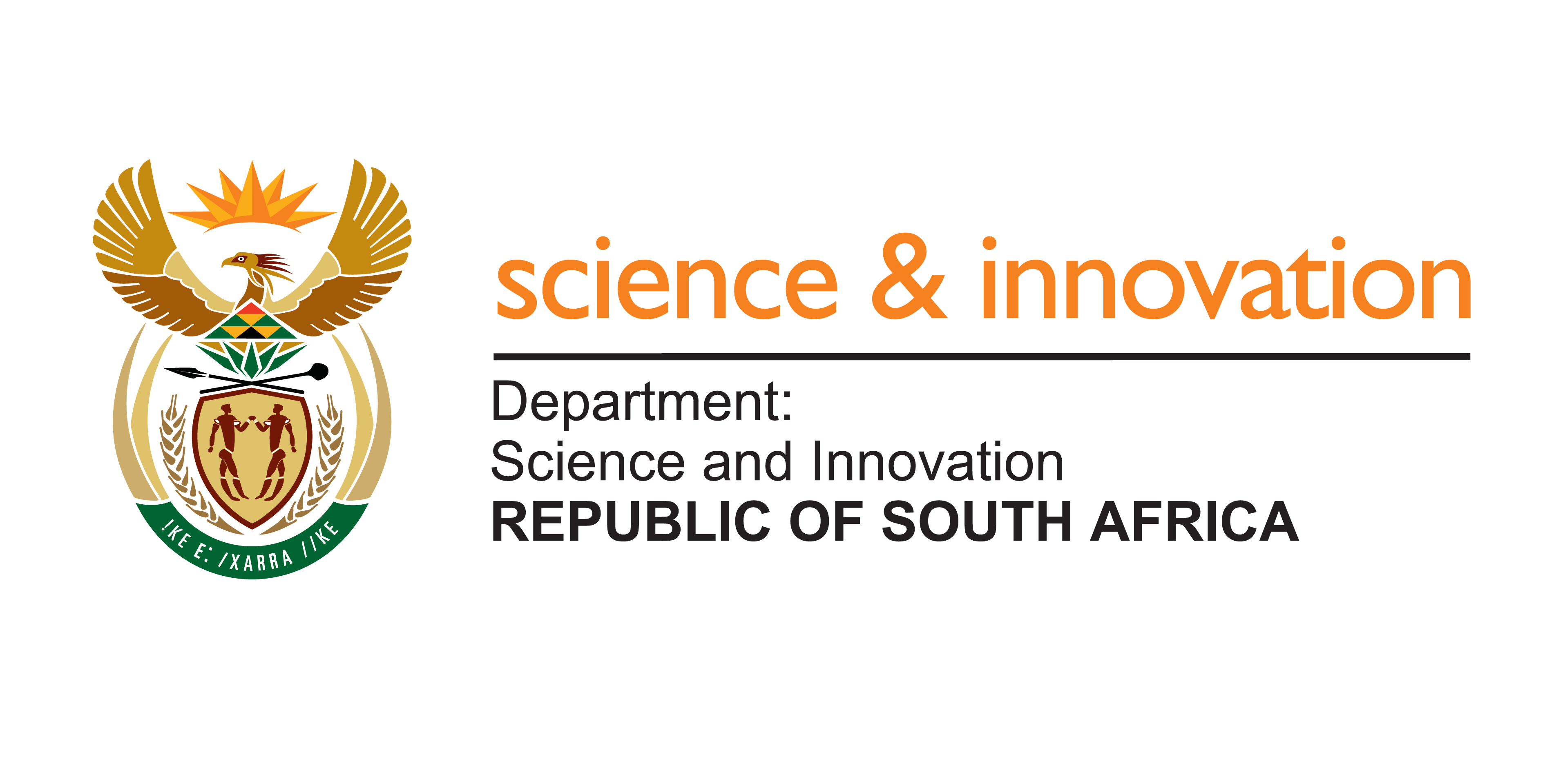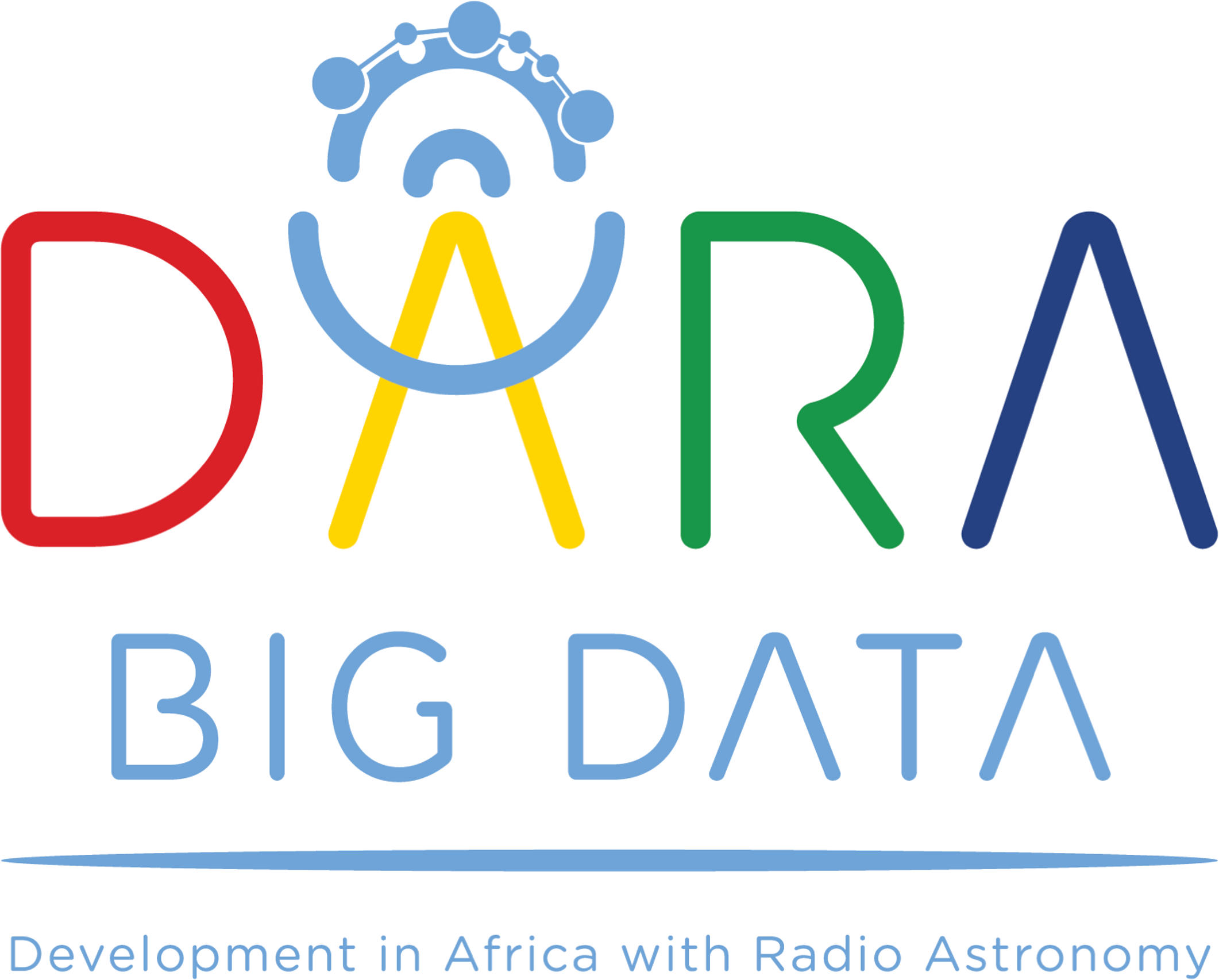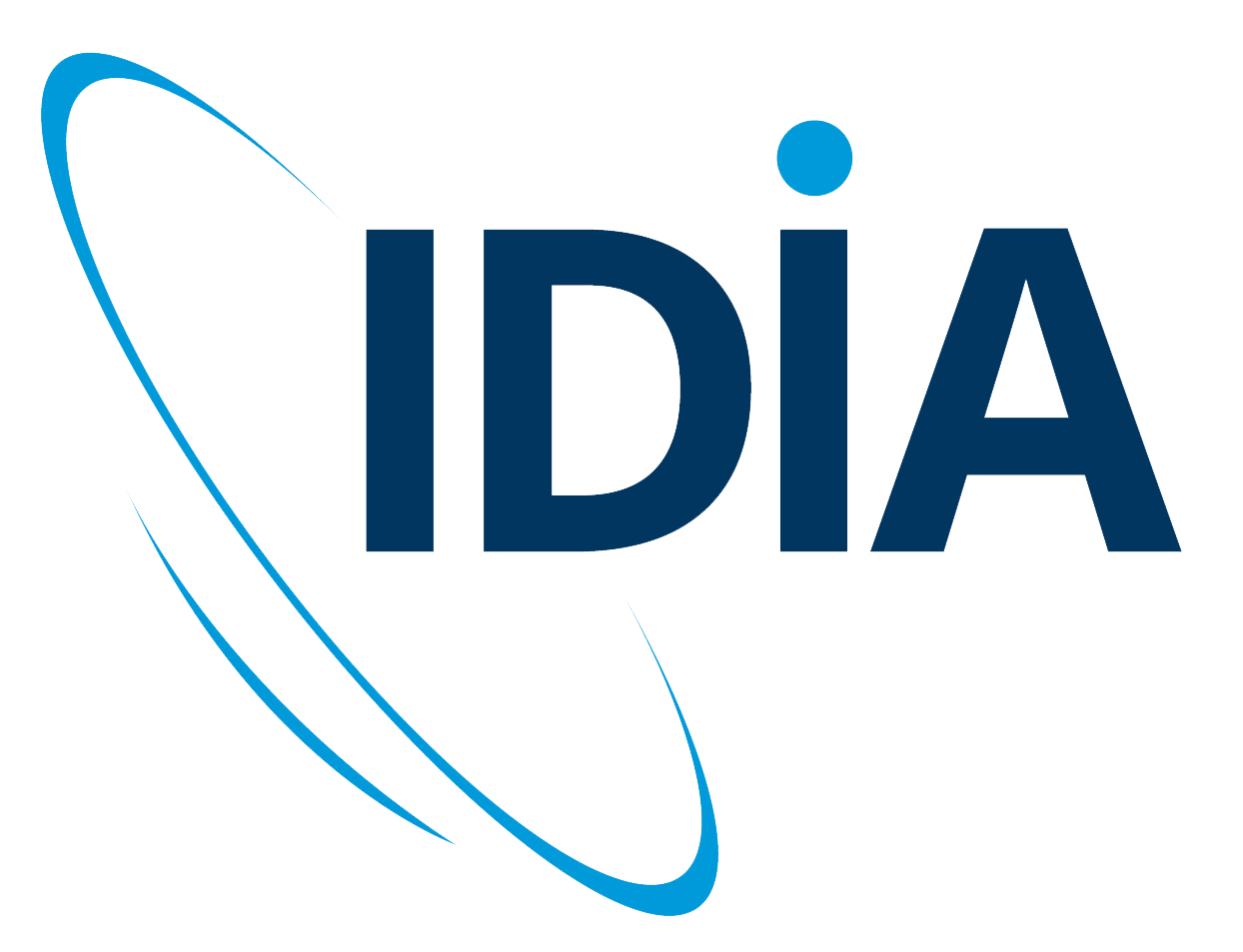Introduction
The aim of the Hackathons for Development Alumni Network (the network) is to facilitate constructive discussion related to data science skills and careers in Africa and beyond. We can achieve this, in part, by behaving well towards each other, so that the broadest diversity of participants – both amateur and professional, new and experienced – feel that the lists are welcoming and useful.
This code of conduct helps maintain that environment by capturing the conduct we aspire to when we participate in discussions together.
We Strive To:
Be friendly and patient
Be positive and engaging. If someone asks for help it is because they need it. If you are able and willing to, suggest specific resources.
Be civil and considerate
Disagreement should never become personal. A community where people feel uncomfortable is not a productive one. If you would not feel comfortable saying something to a co-worker or acquaintance, it is probably not appropriate here either.
Assume good faith
Questions can be more complex than they appear after one quick read. If something seems outrageous, check that you did not misinterpret it. Ask for clarification, rather than assuming the worst.
Respect time and attention
Members of this network are often busy people. As a result, we value concision and clarity. Emails that are brief and to the point take more time to write, but are repaid many times over when other members of the list make the same effort.
Never share contacts and/or email addresses without permission
Members of this network have agreed for their email addresses to be shared with this network, for the purpose of staying in contact on topics related to science, data science and development. If you are forwarding a message from this network to anyone outside the network, please make sure that the privacy or senders in any email thread is respected. If you start a one-on-one conversation with another member of the network, bear in mind that it may be appropriate to take it away from the network by avoiding “Reply to all” emails.
Never use the network as an advertising channel
We encourage the dissemination of opportunities, scholarships, jobs and projects, but any advertisement of commercial goods of services is not allowed. Please respect this.
Remember what we have in common
Being a member of this network means we all have something in common: the hackathons and research schools organised by the members of this partnership. Whether you have been a participant, tutor, speaker or have played anther role in previous hackathons, it is what brings us together. We share interests in the development of science and data science skills across Africa, for the benefit of Africa and the world. We are interested in positively impacting the world through those skills and applying them to development challenges.
Interpretation
This code is not exhaustive or complete. It is not a rulebook; it serves to distill our common understanding of a collaborative, shared environment and goals. We expect it to be followed in spirit as much as in the letter.
Enforcement
Failure to observe the code may be grounds for reprimand, moderation, or removal from the network.
If you have concerns about someone’s conduct
It is appropriate to email a list member, mention that you think their behavior was out of line, and (if necessary) point them to this code of conduct. Please do not discuss anyone’s behaviour openly on the network. You can reach the network moderators by email as described in the message sent to you when you joined the network.
Further Context
Other resources, while not formally part of this code of conduct, can provide useful context and guidance for good behavior.
Chapter 6 of Producing OSS, by Karl Fogel, describes common best practices for mailing list participation, particularly “You Are What You Write” and “Avoiding Common Pitfalls“. RFC 1855, particularly section 2.1.1 (“User Guidelines for mail”), also provides useful guidelines for sending good emails. This policy was inspired by the Open Source Initiative Code of Conduct for Mailing Lists and resources listed therein.








